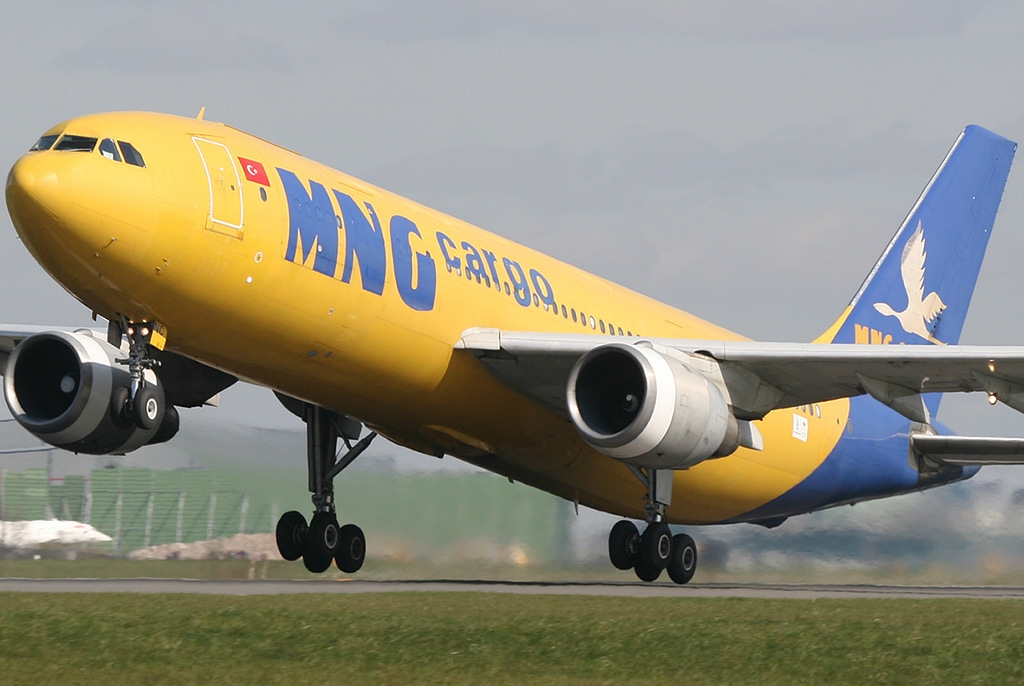By: Simon Brooke :: 29 January 2025

I was listening to my friend Lesley Riddoch's podcast this morning, and she spoke, inter alia, of plans to produce 'green' aviation fuel at Grangemouth.
Lesley doesn't need me to teach her lessons about the potato famine. She knows as well as I do that the problem was not lack of food. She know as well as I do that in each successive year of the famine, Ireland exported record amounts of wheat.
Similarly, you could have walked out of the Live Aid concert in London in 1985, straight across the road to a supermarket, and bought a watermelon grown in Ethiopia. The problem in Ethiopia was not a lack of water to irrigate staple crops; it was that the water was being diverted to grow cash crops for export. This is the nature of famine under capitalism: it is almost never caused by lack of food. It is caused by the fact that the capitalist market distributes food inequitably.
What has this to do with aviation fuel?
A litre of aviation fuel is 8,250 calories; a ton of aviation fuel is 1,250 litres, so a ton is slightly north of ten million calories. The world burns 99 billion gallons of aviation fuel per year, or about three billion tons; that's around three quadrillion calories.
So how many people's food is that? A person needs about eight hundred thousand calories per year. So that's the equivalent of food for 3 billion people.
Of course, you can't eat aviation fuel. It's kerosene; it's poisonous. And you can't eat what it's made from, either; that's crude rock oil, the fossilised remains of ancient vegetation, which is also poisonous.
But we can't keep burning fossil fuels, because we're destroying our planet's habitable climate. So we have to stop. The proposal is that we switch from using fossil fuels to using 'green' fuels. Biofuels; fuels made, rather than from fossilised plants, from plants living and growing in the here and now.
Plants which (by and large) aren't poisonous. Plants which (by and large) we can eat. And, because aviation fuel needs to be of very high energy density — which is to say high calorific value — in order that aircraft can lift sufficient of it to power their flight, it has to be made from plant material which has particularly high energy density. Which is to say is particularly nutritious.
And even if we cannot eat the particular plants from which there is a particular proposal to make aviation biofuel, nevertheless those plants need arable land on which to grow; and most of the world's available arable land is already in use producing food for people. We don't have much of it, and we're currently losing one hundred million hectares every year.
If we divert that land to producing biofuel, there's less land to grow food. Which means that people starve.
How many people?
Let's run the numbers.
Three and three quarter billion people.
So yes, you can divert agricultural production — good food — to Grangemouth to be made into fuel for aeroplanes. That is chemically, industrially, and possibly, to a limited extent, economically possible.
But to fly the aircraft we fly now, would require us to divert one half of the world's entire agricultural production to aviation fuel. Which is to say, if we're prepared to sacrifice the entire population of both India and China, we can continue to fly. But if we're not, aviation biofuel — 'green' aviation fuel — is a cynical lie, founded on a preparedness to sacrifice half of the world's population to starvation on the altar of fast travel for the rich few.
« Lies, damned lies, and aviation fuel | | When does the charge start? »

